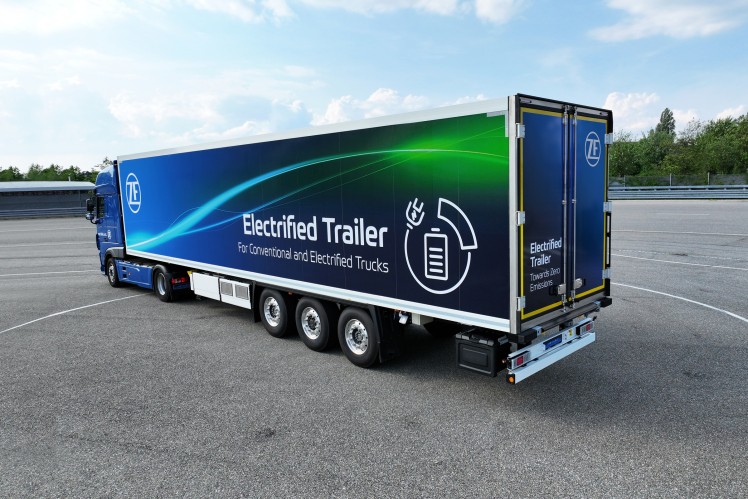Hitachi ZeroCarbon and MUFG have joined forces to supercharge the global transition to electric vehicles by removing the technical and capital constraints to decarbonisation. In combining Hitachi’s technology and operational expertise with MUFG’s financial strength, fleets benefit from strategic EV guidance and support, and reliable access to low-cost capital that protects long-term asset value.
This partnership addresses the biggest barriers to electrification faced by fleets all around the world: capital availability and change management. Across the industry, fleet operators have less than a decade to decarbonise, but the cost of replacing diesel vehicles, installing new infrastructure or upskilling workers can delay or prevent businesses from reaping the benefits and revenue opportunities of the EV transition.
MUFG’s global financial strength and presence ensures that fleets can scale their electrification seamlessly across markets, while Hitachi’s platform helps operators to better understand, manage and optimise their assets, for example electric vehicles, batteries or charging infrastructure. Fleets maintain full operational control of their services while benefitting from the financial and technical expertise of both partners. Hitachi’s managed service maximises the residual value of assets, ensuring they can be reused or recycled at the end of the lease period, protecting investment returns for fleet operators.
Commenting on the partnership, Hiroki Miyashita, Managing Director of Business Co-creation Division at MUFG said: “We have a proud history of working closely with Hitachi, and our shared values and business philosophies have driven fundamental transformation across countless industries. We are committed to addressing the barriers in the way of societal progress, and combining our expertise with Hitachi will help the commercial fleet ecosystem decarbonise at speed, and realise the real-time benefits of electrification far more quickly.”
The model has already made its mark with the leading UK bus operator, First Bus. The operator is on a mission to decarbonise its 4500-bus fleet by 2035 and has already purchased more than 1000 EV batteries, and benefitted from managed services for 1500 buses to enable electrified operations.
First Group, the parent company of First Bus, has saved more than £20M in deferred capital, and is anticipating more than £40M in future savings. This NextGen project was recognised for Innovation of the Year at the IJGlobal Awards 2023, showing how technical and financial expertise underpins the successful decarbonisation of commercial fleets.
Ram Ramachander, Chief Executive Officer at Hitachi ZeroCarbon said: “Cost remains the greatest hurdle to fleet electrification. We’re removing that barrier by giving fleet managers the confidence that decarbonisation is not only achievable, but financially viable. With access to financing through partners like MUFG, operators can accelerate progress toward their net zero targets while unlocking new revenue streams. By helping customers optimise their assets, we’re enabling long-term investment returns and creating meaningful commercial value. It’s a win-win, advancing both sustainability and profitability, and making fleet electrification a practical reality.”




